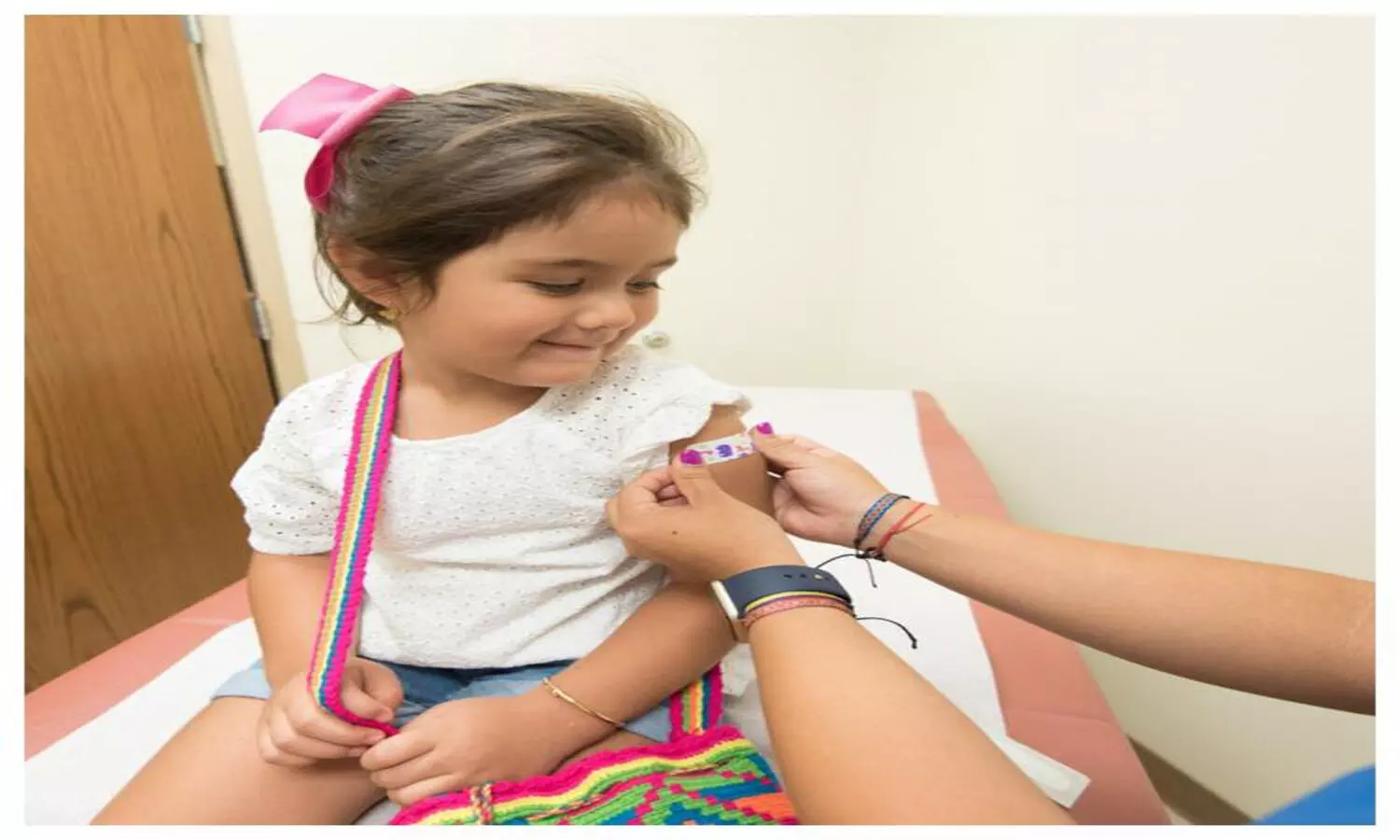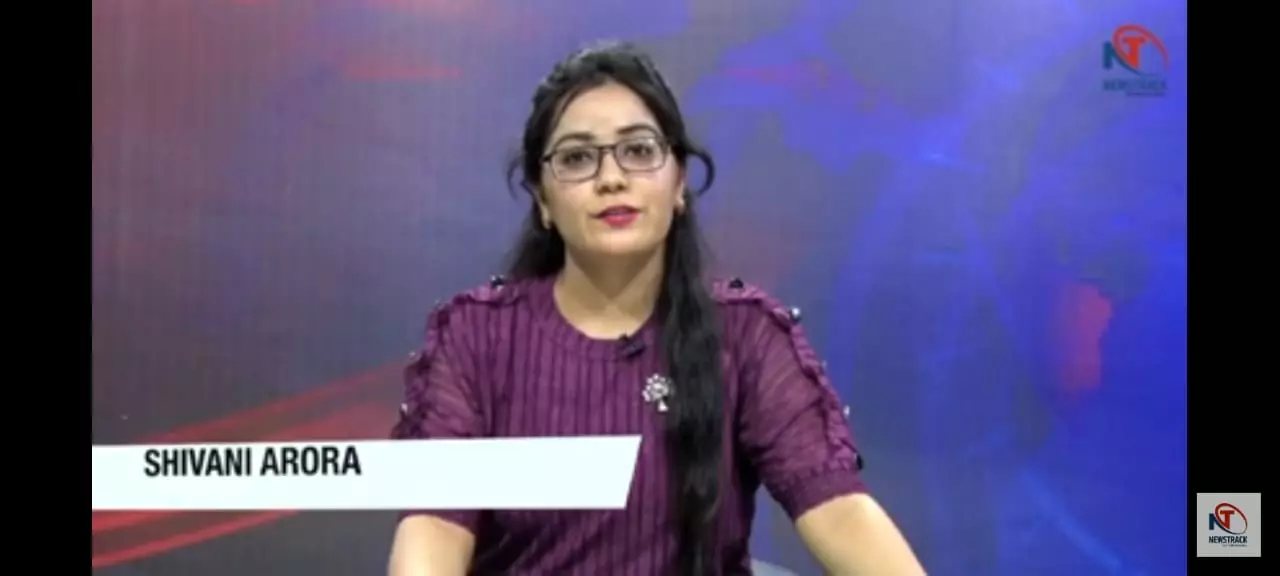TRENDING TAGS :
Vaccinating children during the pandemic? Here's all you need to know about
The second phase of vaccination has already begun in India.
Covaxin approved for emergency use for children
The second coronavirus wave has resulted in an unexpected increase in COVID cases across the country. This time, the virus's latest version appears to be as harmful to children as it is for adults. Experts say the mutant coronavirus strain can easily infect children, raising fears among parents as more schools and institutions open across the country and no vaccine for children has been approved.
Here are some expert inputs as shared by Dr Prathap Chandra of Motherhood Hospitals that you need to know about vaccination among children during the pandemic.
COVID cases among children are on the rise
According to reports, the latest virus variant is rapidly spreading among children aged 8 months to 14 years. Delhi, Maharashtra, Haryana, and Karnataka have the highest number of children afflicted with COVID. Compared to adults, children have a lower risk of exposure, as well as a lower risk of comorbidities. However, it is important to pay careful attention to children and search for common COVID signs that are easily overlooked.
The significance of childhood vaccination and how to do it
Although parents' concerns about Coronavirus exposure are understandable, their behaviour can help spread other vaccine-preventable diseases including whooping cough and measles. They prefer to delay infant vaccines because they are concerned about the safety of regular paediatric vaccinations in the midst of the pandemic. Parents must understand that having a vaccine shot at a paediatrician's office is unlikely to increase a child's virus exposure. As a result of these fears, our country could see an increase in delayed vaccination cases, as a large number of children are either unvaccinated or only partially vaccinated. Vaccinations are necessary to make one resistant to infections. However, parents should be aware that delaying vaccinations during the current lockdown can have unforeseen consequences for the child's health.
Since their immune systems are still maturing, children are at a high risk of developing infections. Immunization is an important part of any child's life because it helps to protect them from viruses that can be passed from one individual to another. Vaccinations for babies, toddlers, and pre-schoolers must always be given according to the recommended schedule.
The primary vaccinations such as Rotavirus, Polio, Diphtheria, Pertussis, and Tetanus (DPT) and Pneumococcal Conjugate are scheduled at six, ten, and fourteen weeks of a child's life and must be prioritised by parents. Similarly, the measles vaccine must be administered to the infant without fail after nine months of age.
Flu vaccinations for children are much more critical this year, considering the pandemic
Flu is a pandemic, and children should get flu vaccines to boost their immunity. If they do not, they can end up in the hospital. If it is swine flu or the regular flu, flu morbidity is high, and children behave as super spreaders, transmitting the virus to other family members. It is also important to keep your child away from someone in your family who has the flu, as they are more vulnerable and prone to contracting it.
It is important to immunise children up to the age of five, with the first flu shot administered six months after birth. As a result, once a child reaches the age of six months, parents must ensure that their child receives a flu shot every year until they reach the age of five. The flu shot is recommended in children older than 6 years if they have predisposing factors such as asthma, immune disorders, or a heart defect.
Stay tuned with the newstrack to get fastest updates. Click @englishnewstrack to follow us on Facebook and @newstrackmedia to follow on Twitter.



